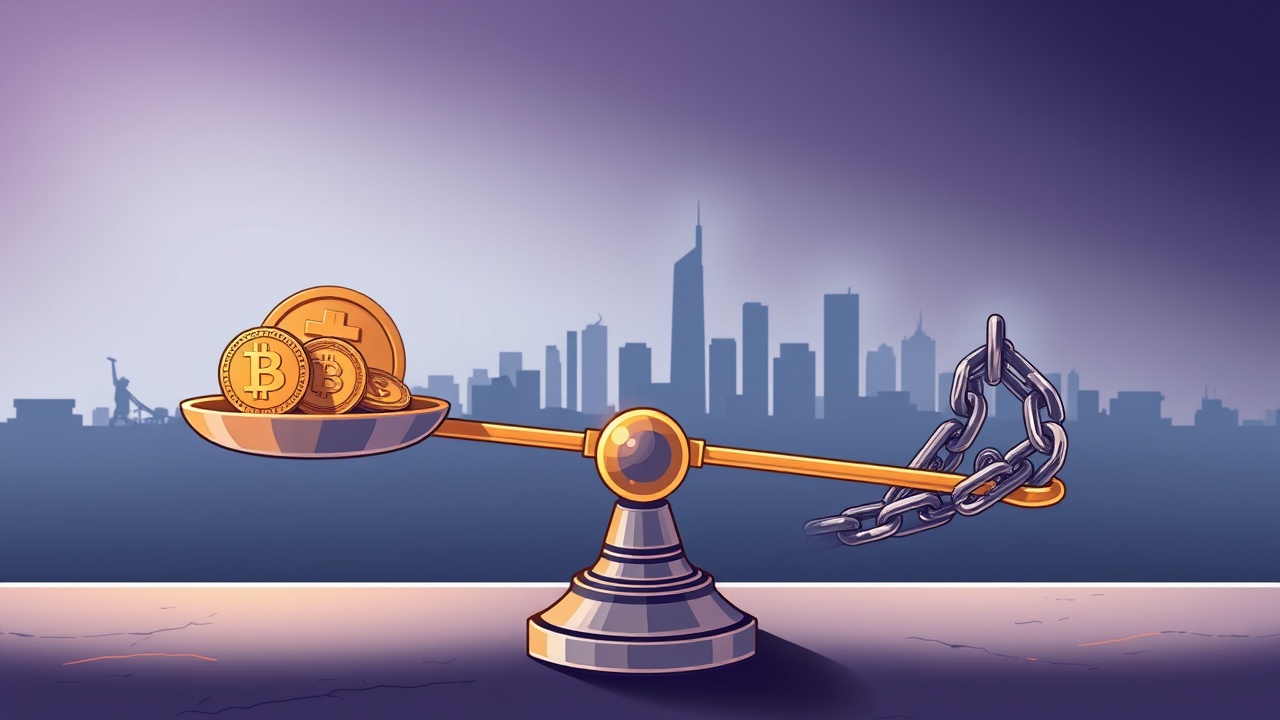Introduction
In a significant move aimed at bolstering investor protection and ensuring market stability, South Korea’s financial regulators have rolled out a newly crafted guide for virtual asset lending services. As exchanges vie for competitive advantage, the Financial Services Commission (FSC) is taking proactive steps in response to the growing investor risks associated with leverage and cash loans. The new guidelines emerge from a collaborative effort involving the Financial Supervisory Service and the Digital Assets Exchange Association (DAXA), marking a first in the nation’s regulatory landscape for virtual assets.
Key Guidelines
Announced on the 5th, this guide sets forth comprehensive restrictions on the types of loans that can be offered. It categorically forbids the use of leverage and cash loans in Korean won, mandating exchanges to rely solely on their own resources for lending, and barring any indirect lending methods that could compromise investor safety. The guidelines also implement strict limits on lending amounts, tied to a user’s trading experience, with first-time borrowers able to secure loans between 30 million and 70 million won.
To further safeguard users, educational resources and a suitability assessment will be mandatory before any loan transactions.
Transparency and Consumer Protection
Additionally, the document calls for clear disclosures regarding lending activities, including the details of forced liquidations and the status of loans across various currencies. Annual interest rates have been capped at 20%, reinforcing the commitment to protect consumers against predatory lending practices.
Market Stability Measures
In terms of fostering a stable market environment, the guide stipulates that only the top 20 cryptocurrencies by market cap, or assets listed on multiple reputable Korean exchanges, qualify for lending. This measure is aimed at minimizing risks associated with illiquid or potentially volatile assets. The regulation also introduces internal controls designed to mitigate the risk of market disturbances caused by excessive investment in any single asset, thereby enhancing the overall integrity of the virtual asset marketplace in South Korea.




